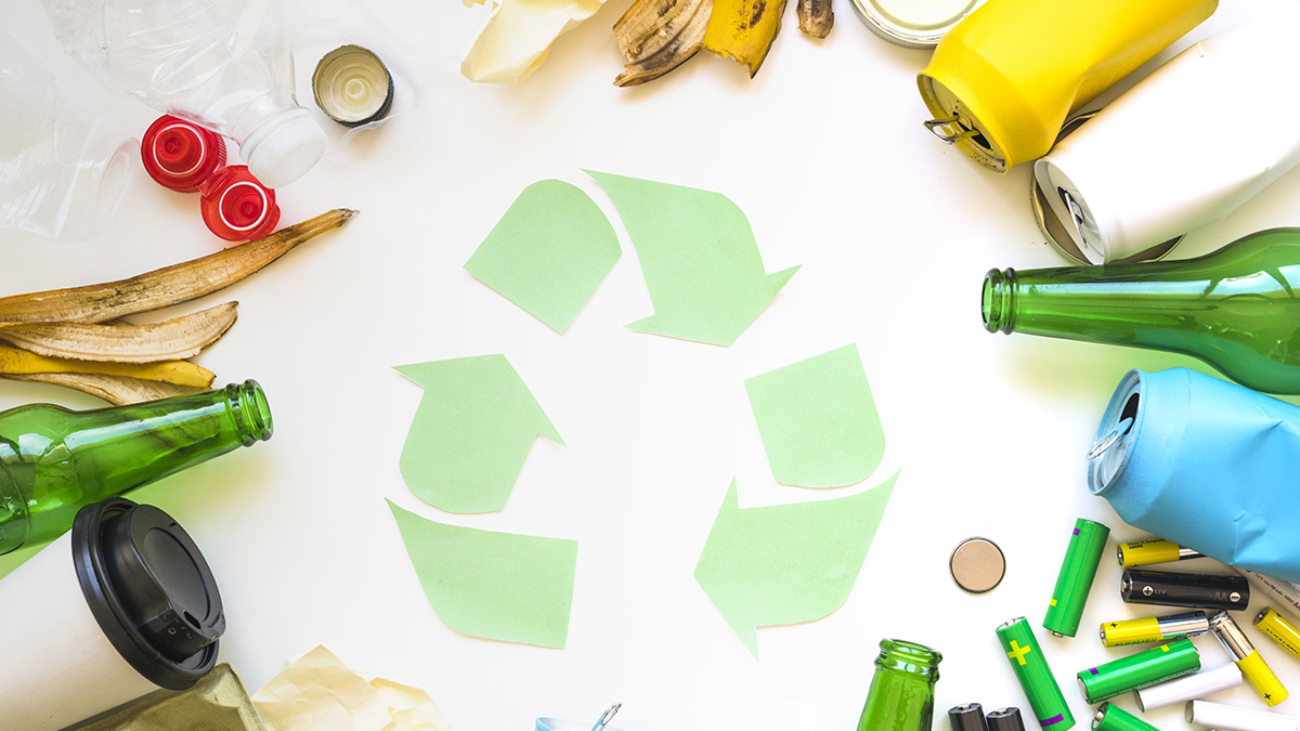June 23, 2013
FEED Resource Recovery Inc. was founded in Boston, Massachusetts in 2007 with the goal of developing more efficient solutions for supermarket food waste. FEED partners directly with supermarkets to help them remove traditional waste hauling practices, reduce emissions and generate clean, sustainable power for onsite operations. We talked to CEO Ryan Begin about how a pioneering approach to organics management can create significant economic and environmental returns.
What was the inspiration for creating FEED Resource Recovery, Inc. and how does it work?
We strongly believed – then and still do now – that the traditional waste-hauling model does not benefit supermarket customers and is terribly inefficient, both economically and environmentally. We started in our apartments and, eventually, graduated to a drafty garage in a former auto repair shop. We started by building a small system to process food waste at the back of a supermarket. This hands-on experience was critical to understanding the customer’s problems, and it also forced us to recognize the inherent flaws with a small-scale system approach. We needed scale and aggregation for the technology to succeed. This spurred a “rebirth” of the company in 2009 when we radically changed the scale of our model and technology to meet the customers’ needs.
What makes FEED Resource Recovery unique from other traditional waste-disposal providers? Waste hauling uses diesel trucks that pick-up material frequently. This creates diesel emissions, noise pollution and odor issues when the material is trucked hundreds of miles to composters or landfills. We have eliminated this entire problem. With our model, the unsold food returns on the same trucks that brought it to the store and is then loaded into our FEED Recovery System. The unsold food is not smelly or dirty – it’s just the over ripe apple that didn’t find a home. Most importantly, we are providing our customers with the tools to vertically integrate their business, which nearly eliminates the need for a traditional waste hauler. With this model, Kroger, for example, is processing their own unsold products that cannot be donated into energy in less than 12 hours, and using the clean energy created for their operations.
What are the advantages of using the technology of anaerobic digesters over a more traditional clean-energy project?
The beauty of our approach is that, for the most part, we use technology that has been proven at scale for many years in different applications. We’ve simplified the process and combined it with additional technologies to process a very difficult feedstock – food waste with packaging – in almost any setting. Further, most other digesters – here and in Europe – are built near farms or rural areas. Our design allows us to implement this technology in urban and industrial environments without creating issues – like odor or truck traffic – that usually complicate digestion projects. In addition to the technology improvements, our proprietary Feedback™ process enables customers to understand, quantify and aggregate their organics. And all of this is tracked with our proprietary software.
Why is this type of technology important right now?
Landfills in our country are filling up quickly. New landfills are facing more stringent regulations, are more expensive to construct and must be located farther from supermarkets and city centers. This landscape change, coupled with increasing diesel prices, means that waste costs are rising. Municipalities and State agencies are tackling this problem by restricting landfill disposal to materials that cannot be recycled. Organics represent 40% of consumer, commercial and industrial trash. By working with supermarkets to recycle this material we are extending the life of landfills, creating valuable clean energy and recovering essential nutrients for farming.
How have you been able to merge commerce with sustainable business practices?
Practicing sustainability means identifying economical solutions to environmental inefficiencies. By marrying these two concepts we are able to demonstrate to our customers that they can be stewards of the environment and remove inefficiencies in their business.
What’s the future of the company? Where do you think you’ll have the biggest impact?
Our current target customers are in the supermarket, food service and distribution markets. Long term, our disruptive approach, combined with existing recycling efforts, will enable supermarket, food and distribution companies to reach zero waste. Eventually, we believe we can solve the entire food waste problem for the U.S., but one step at a time!
